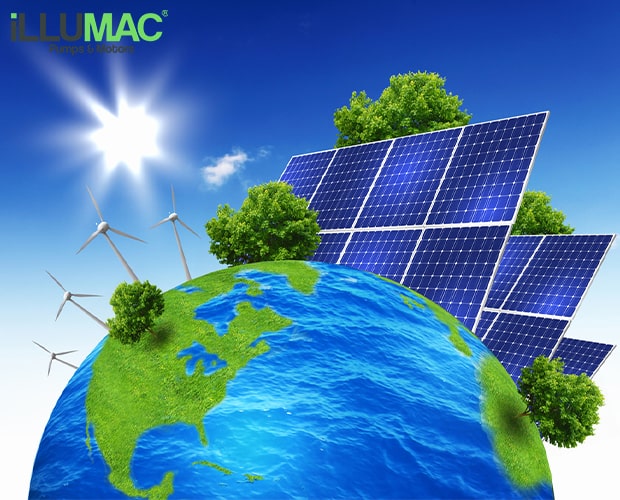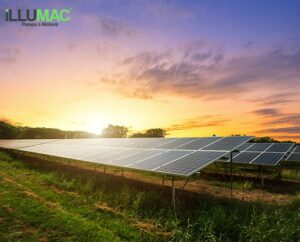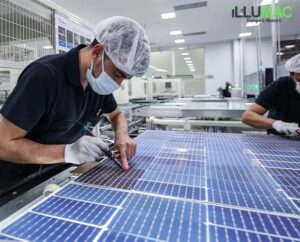We’ll explain how solar energy can benefit the environment and local economy in more detail below.

The Financial Gains of Solar Energy

The utility bills are reduced by solar
Your monthly utility expenditures can be greatly decreased by making a solar energy investment. This type of energy depends on ultraviolet (UV) rays, and the clean energy produced can reduce the price of your domestic power use. As a result, you’ll probably pay less over time, enabling you to recoup your investment’s costs.
Through a procedure known as net metering, certain utility providers permit you to sell any extra energy your solar panels generate. Your neighborhood will gain from the clean energy you have produced, and you will pay less each month for electricity.
Solar Produces Jobs
An increase in energy workers is required to keep up with demand as more consumers express interest in installing solar panels. Jobs in manufacturing, installation and maintenance are needed in this industry. Your local economy will be boosted by your investment in solar, which also creates new job opportunities.
Help from the Sun in Emergencies
Your carbon emissions, which have an impact on climate change and increase natural disasters, can be decreased by using solar electricity.
Solar Installation Incentives
You become qualified for federal incentives, such as the solar investment tax credit when you install solar panels. Furthermore, several states provide their own incentives. By lowering the price you initially paid for the purchase and installation of your solar panels, these incentives boost the economy.
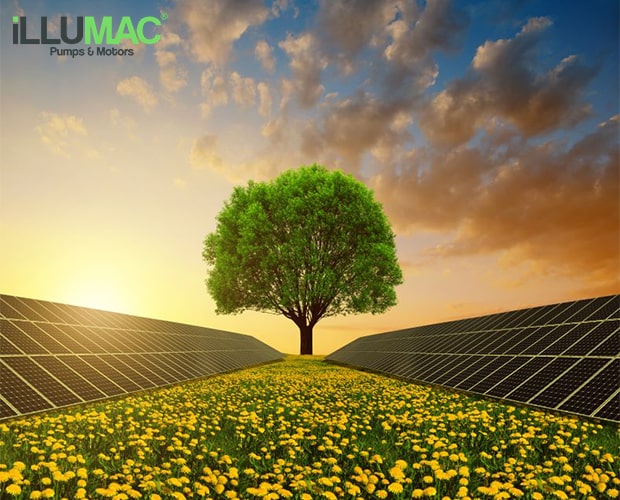
How is the environment impacted by solar energy?

The Environment Benefits More from Solar Energy
As an alternative, sustainable energy sources like solar can assist in reviving ecosystems. Solar power plants can be set up with significantly less space needed and on top of structures. Additionally, solar panels don’t pollute the air or water, which benefits both people and wildlife.
Fossil fuels must be mined, burned, and drilled to be produced, which releases greenhouse gas emissions (GHG) into the atmosphere. The effects of these GHG emissions, like carbon dioxide, are harmful to the environment. By choosing solar energy and other clean energy options, we can reduce GHG emissions and work to prevent additional harm to the environment.
In general, solar energy can benefit your community by restoring ecosystems, lowering pollution levels, and reducing GHG emissions, all of which have a positive effect on the welfare of people and animals.
Solar Contributes to Land Use
Reduced Carbon Emissions due to Solar
Contrary to fossil fuels, which must be mined, drilled, transported, and burned in order to generate power, solar panels don’t emit the dangerous carbon emissions that affect the environment and the waterways they are installed on. Reducing these pollutants could help save 25,000 lives because they are harmful to both human health and the health of wildlife. Utilizing sustainable solar energy would lessen our reliance on exhaustible resources that harm the environment, preserving the planet’s health and safeguarding our infrastructure.
The effects of solar energy on the environment are mainly positive. It’s crucial to remember that both the production of solar panels and the harvesting of the materials used to make them, such as certain metals and types of glass, can have an adverse effect on the environment. Nevertheless, according to experts, solar panels can offset the energy used to create them in one to four years. The 30-year lifespan of these systems means that solar panels can offset their environmental production costs many times over the course of their useful lives.
Concerns concerning solar energy’s impact on land use also exist. Some people worry that installing solar panels for large-scale projects would harm or degrade the land and contribute to the loss of habitat. However, by putting up huge solar panel projects in undesirable places, like abandoned mining complexes, the potential harm to land and wildlife can be reduced or even eliminated. Adding solar panels to the tops of existing structures can help cut down on land consumption.
Naturally, there are some issues with solar panels. Fortunately, with careful planning and attention to proper disposal techniques, the potential issues can be avoided.
Reusing solar cells
The use of hazardous compounds during the construction of some solar panels is one of the key issues with solar panels and the environment. Recycling solar panels is a feasible answer, although it isn’t as popular as it ought to be among solar panel owners.
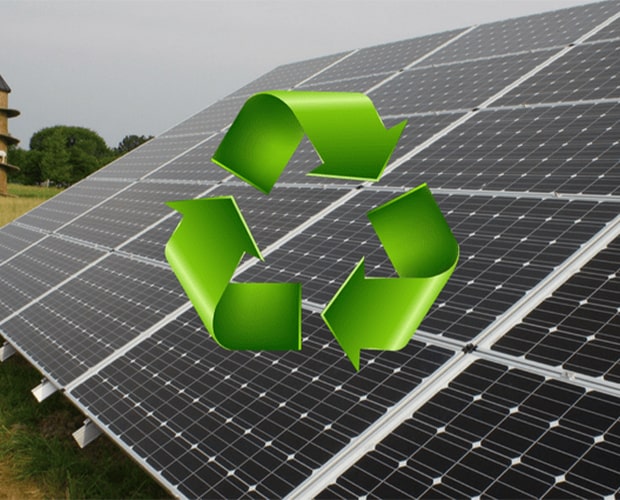
Consult your solar panel supplier for information on how to properly recycle solar panels and where to find a facility that will accept them. Some services also handle the recycling for you, making sure it’s done properly. Poor disposal could result in the wastage of valuable resources and environmental damage from potentially dangerous substances.
Because of our reliance on carbon emissions, other pollutants also contribute to climate change, which is to blame for other alarming problems including melting glaciers, rising sea levels, and altered weather patterns. It’s crucial for households and businesses to do their part by switching to solar energy as part of a global effort to reduce carbon emissions in order to safeguard the environment and human health.
Have Illumac as your go-to source for solar energy.
You may rely on us as your solar service provider because we are licensed by the Licensing Board for General Contractors of India and numerous other organizations.

